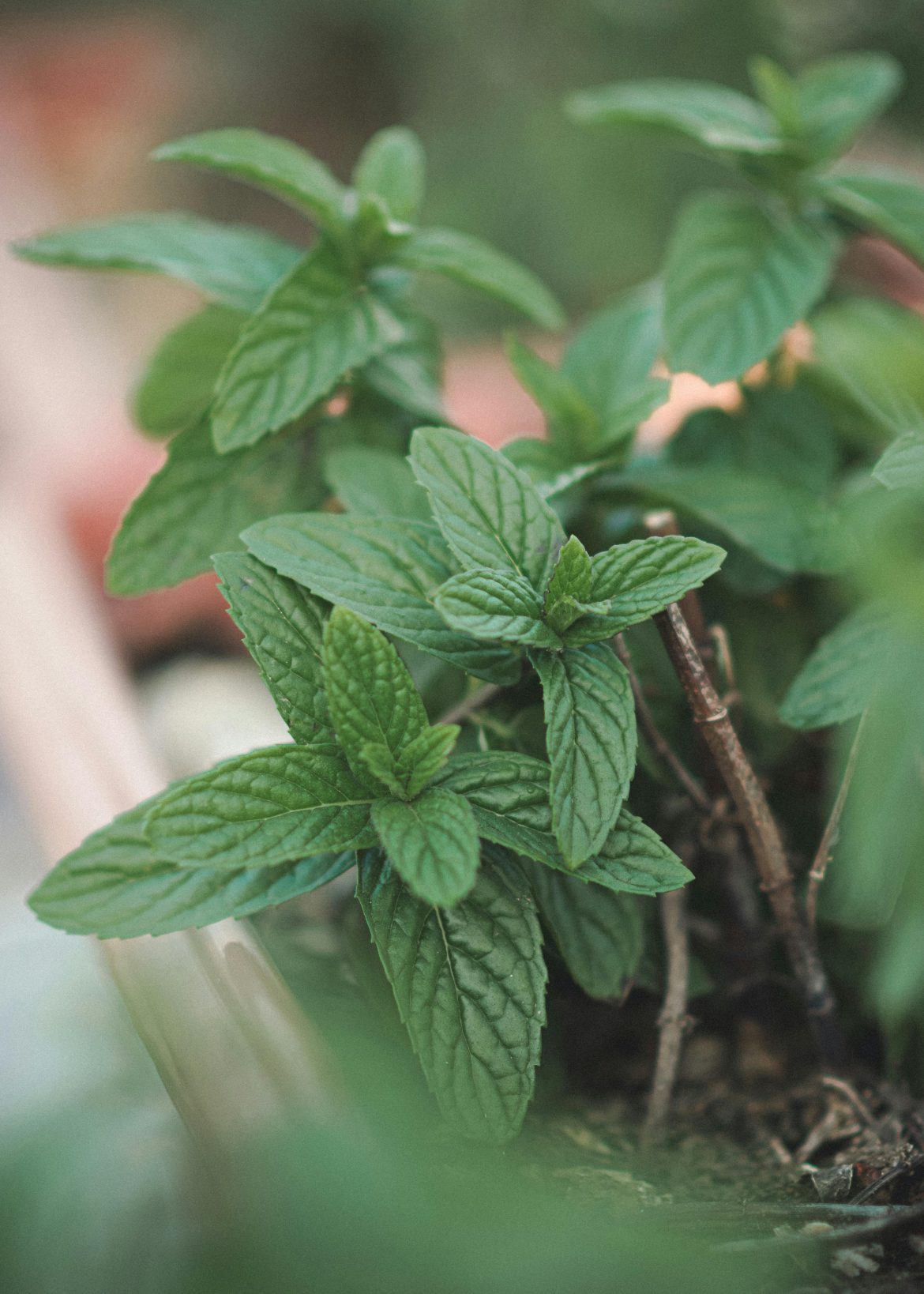I think we can all confidently say that most South Africans love Peppermint – whether the famous Peppermint tart, as a flavoured sweet, toothpaste, or tea. Its aroma and intense menthol flavour are unmatched. This minty herb, native to Europe and Asia, is not only known for its punchy flavour but also for its medicinal properties. Commonly enjoyed as a tea, these vibrant, spear-shaped leaves provide many potential health benefits.
5 Health benefits of peppermint tea
Peppermint leaves contain several essential oils, namely menthol, menthone, and limonene. While peppermint extracts have been widely researched, the effects and potential benefits of the tea require further study. Before consuming a new food, it is always advised to consult your GP or a dietician to ensure that it won’t interfere with any chronic medication you’re taking or cause any adverse health effects.
1. Digestive issues may be eased
If you suffer from digestive issues, such as gas, bloating, and indigestion, peppermint tea may help relieve these symptoms. While studies reviewing the effects of peppermint extract were significant, peppermint tea could have similar effects. Essential oils found in peppermint leaves were found to help alleviate pain, soothe muscle spasms, and reduce the incidence of nausea and vomiting.
2. Ease symptoms of tension headaches and migraines
The menthol essential oil has been found to increase blood flow and provide a cooling sensation that may ease pain from tension headaches and, to some extent, migraines. While there is no hard-hitting evidence that peppermint tea may relieve headaches, the aroma and flavour may help relax muscles and provide some pain relief.
3. Freshens breath
Peppermint doesn’t just smell great; it also has antibacterial properties that help kill germs that cause dental plaque, improving your breath. Compounds in peppermint tea have been shown to improve breath.
4. May relieve allergy symptoms
Peppermint has antibacterial, antiviral, and anti-inflammatory properties, which may relieve allergy symptoms like clogged sinuses, itchy eyes, scratchy throats, and sneezing. Older research shows that peppermint’s active compound, menthol, improves the perception of airflow in the nasal cavity. Steam from a hot cup of peppermint tea may help you breathe easier, ease itching eyes and a scratchy throat.
5. Relieve menstrual pain and cramps
Similar to easing headache symptoms, peppermint has been found to act as a muscle relaxant, potentially relieving menstrual cramps. Drinking peppermint tea may reduce the intensity and length of menstrual pain and cramps.
How to brew a hot cuppa
Peppermint tea is widely available as loose tea or as tea bags in many supermarkets and health stores. Alternatively, you could grow and harvest your own supply in your garden (or in pots on your stoep) – peppermint leaves don’t need to be dried to brew tea.
- Boil a cup of water either in a kettle or a pot on the stovetop.
- Add 4 to 5 torn leaves of peppermint, or 1 to 2 teaspoons of dried leaves, or a peppermint tea bag to a mug (or to the pot). Pour the boiled water into the mug.
- Steep for 5 minutes (or adjust according to your taste).
- Optional: add lemon, honey, or a slice of ginger for extra flavour and health benefits.
While peppermint tea is generally safe and can be enjoyed daily at any time, some individuals find that it can aggravate acid reflux or gastroesophageal reflux disease (GERD), so moderation is key.

